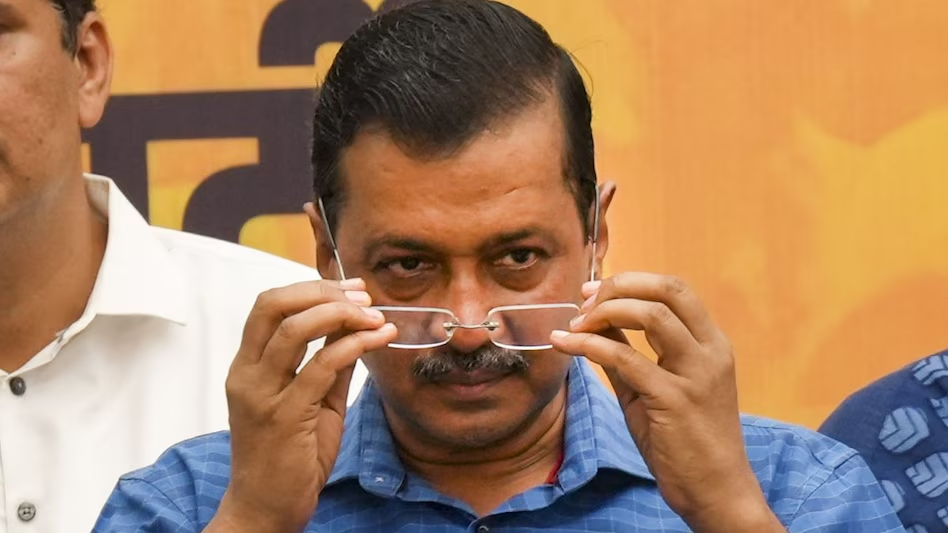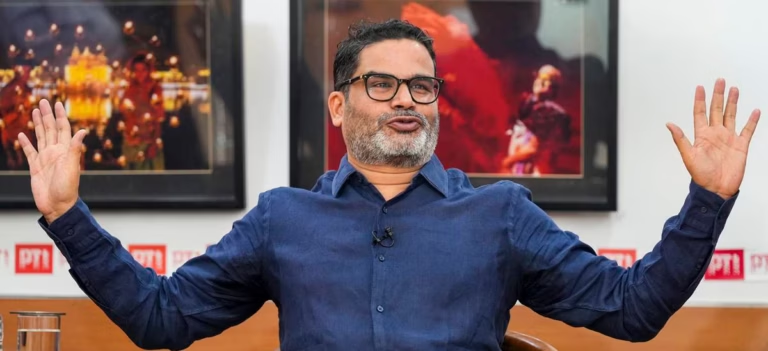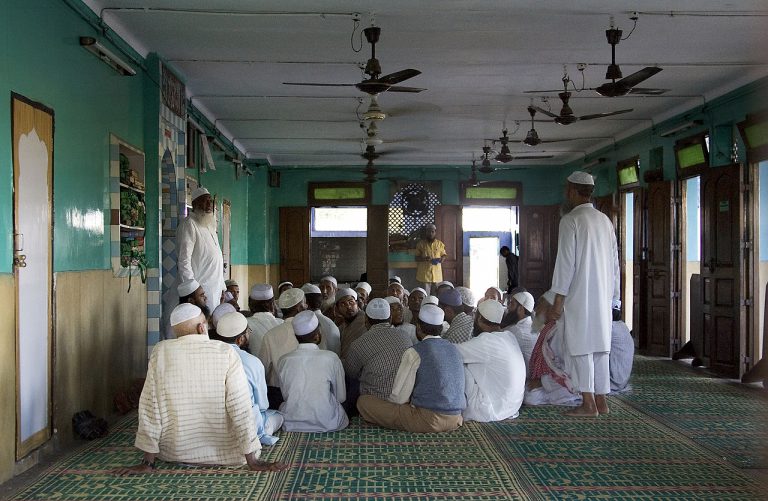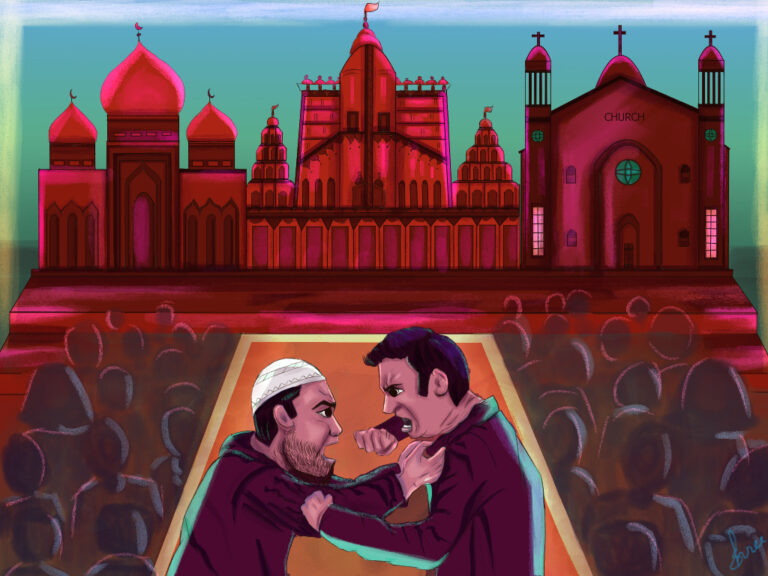Aam Aadmi Party: From Integrity to Irony

Nishtha Singh
This article is co-authored with Ms. Nishtha Singh. Nishtha currently works with the TV9 Network. She holds a postgraduate degree in mass communication from Amity University, Noida.
A well-known Indian politician Arvind Kejriwal was the chief minister of Delhi and the national convener of the Aam Aadmi Party (AAP). After leaving the India Against Corruption movement, Arvind Kejriwal started the Aam Aadmi Party in November 2012. The party sought to combat corruption and advance government transparency. Except for a brief stint in 2014, he has been Delhi’s chief minister since December 2013, with a historic mandate. In the Delhi Legislative Assembly elections in 2015 and 2020, the AAP secured resounding majorities under his direction.
Discussing Arvind Kejriwal’s election campaign in the 2013 Delhi Assembly elections, the AAP made its electoral debut, securing 28 out of 70 seats. After serving as Delhi’s chief minister for 49 days due to the Jan Lokpal Bill’s inability to pass, Kejriwal first took office in December 2013. After the AAP won 67 of the 70 seats in the 2015 election, Kejriwal was again appointed chief minister. The party’s agenda was viewed as having a major mandate after this triumph. By securing 62 of the 70 seats, the AAP maintained its majority in 2020. Kejriwal’s continuing tenure as chief minister demonstrated the party’s enduring support in Delhi.
The AAP government, led by Kejriwal, has prioritized enhancing public education. Notable initiatives included the implementation of happiness, entrepreneurship curriculums and restructuring of government schools. One of the main projects of Kejriwal’s administration has been the creation of Mohalla Clinics, which offer free primary healthcare. Under Kejriwal’s government, Delhi citizens can receive free water and energy up to a certain amount and subsidies for both. Free bus fares were instituted to promote women mobility through public transportation.
A transparent governance model and the establishment of an anti-corruption helpline are just two of the anti-corruption initiatives that the AAP government has put into place. During his term, he has frequently clashed with the Lieutenant Governor of Delhi and the central government, especially on matters of governance and administrative control.
Delhi Chief Minister Arvind Kejriwal faced testing times in the Delhi excise policy case, a policy abandoned because of an investigation that the Delhi Lieutenant Governor ordered as per media reports.
Kejriwal was first taken into custody in March 2024 by the Enforcement Directorate (ED), and then in June 2024 by the Central Bureau of Investigation (CBI). Non-cooperation with the inquiry and possible manipulation of witnesses are among the charges. The court has kept him in detention despite several efforts at bond, citing legal reasons. Several well-known individuals have also been connected to this well-known case; K. Kavitha, the leader of Bharat Rashtra Samithi, and Manish Sisodia, the former deputy chief minister of Delhi, were both in detention. There has been a great deal of political debate over the Aam Aadmi Party’s contention that the arrests were undertaken for political reasons.
Kejriwal’s arrest became a topic of irony as AAP was born out of anti-corruption roots, but its existence was kept in the dock for corruption charges. The political integrity has been questioned with a risk of losing the faith of people in its ideology and face of leadership.
Probably, as a result, AAP’s performance in Delhi suffered a sharp fall in the 2024 Lok Sabha election. In Delhi, the Bharatiya Janata Party (BJP) won all seven Lok Sabha seats, while the AAP did not win any seats. The Bahujan Samajwadi Party, the AAP-Congress alliance, and the BJP engaged in a triangular contest in the election. There was a 53.73% voting turnout in Delhi. With large victory margins, BJP candidates cemented their dominance in the nation’s capital.
Several internal and external reasons made the 2024 election difficult for the Aam Aadmi Party. The party suffered from internal division and infighting, which probably compromised its cohesion and efficacy. Concerns about the party’s direction and decision-making may have eroded voter confidence, therefore leadership difficulties also had an impact. Their efforts were further hindered by strategic errors in the conception and implementation of the campaign, such as inadequate coordination and unproductive messaging. Furthermore, voters’ poor perceptions of the AAP’s governance, especially in Delhi, might have had a detrimental impact on voter sentiment.
The arrest of Arvind Kejriwal in 2024 significantly affected the electoral results of the Aam Aadmi Party. The arrest became a major campaign topic and received a lot of media coverage. It’s possible that at first, public support for Kejriwal, which some saw as a politically motivated action boosted the AAP’s reputation as a victim of political persecution. But the arrest also interfered with the party’s campaign strategy, making it more difficult for them to organize followers and carry out their agenda. The arrest garnered more media attention than the AAP’s policy accomplishments and upbeat messaging, which might have reduced the party’s prominence and influence. Furthermore, Kejriwal’s imprisonment left a leadership void because his absence was felt in both campaign activity and strategic choices. Even though they tried to portray the arrest as an attack on their movement, the upheaval and bad coverage probably turned off some voters who preferred stability and capable leadership to feel like victims. These three elements – a leadership vacuum, unfavorable media coverage, and campaign disruption all played a part in the AAP’s dismal showing in the 2024 elections.
A filter bubble emerged strongly on mass media when AAP was to announce its next CM after Kejriwal. The political party which gained base on people’s faith of having a fair and clean politics couldn’t match its own ideology later. Joseph Klapper’s reinforcement theory is applicable to whether AAP has been able to reinforce its own political ideology and belief with selective exposure and its selective representation on mass media. The construction of perception for AAP has been critical to diffuse AAP’s approach and image in the minds of masses.
The bail of Arvind Kejriwal is not enough to restore political integrity of AAP and its ideology. The crisis of leadership was adjusted with the newly appointed Chief Minister Atishi also couldn’t clean the minds of masses inflicted with the denigrated image of AAP as a political party. She was labeled as a ‘meteoric rise’ for becoming CM. The emergence of AAP in 2012 has been a political roar for Indian democracy to clean the corruption. The journey of its existence and function in the last decade has not been able to save itself from political attacks and dismissal. Now political leadership seems struggling to resonate with the voices of the people in the country. The unanimous consent for a woman’s leadership as the CM is significant for AAP but ensuring the soul of the party’s ideology has not been an accomplished aspect in this journey – through another irony of a woman leading a party named after the common ‘man’.
Featured Image Credits: Business Today








